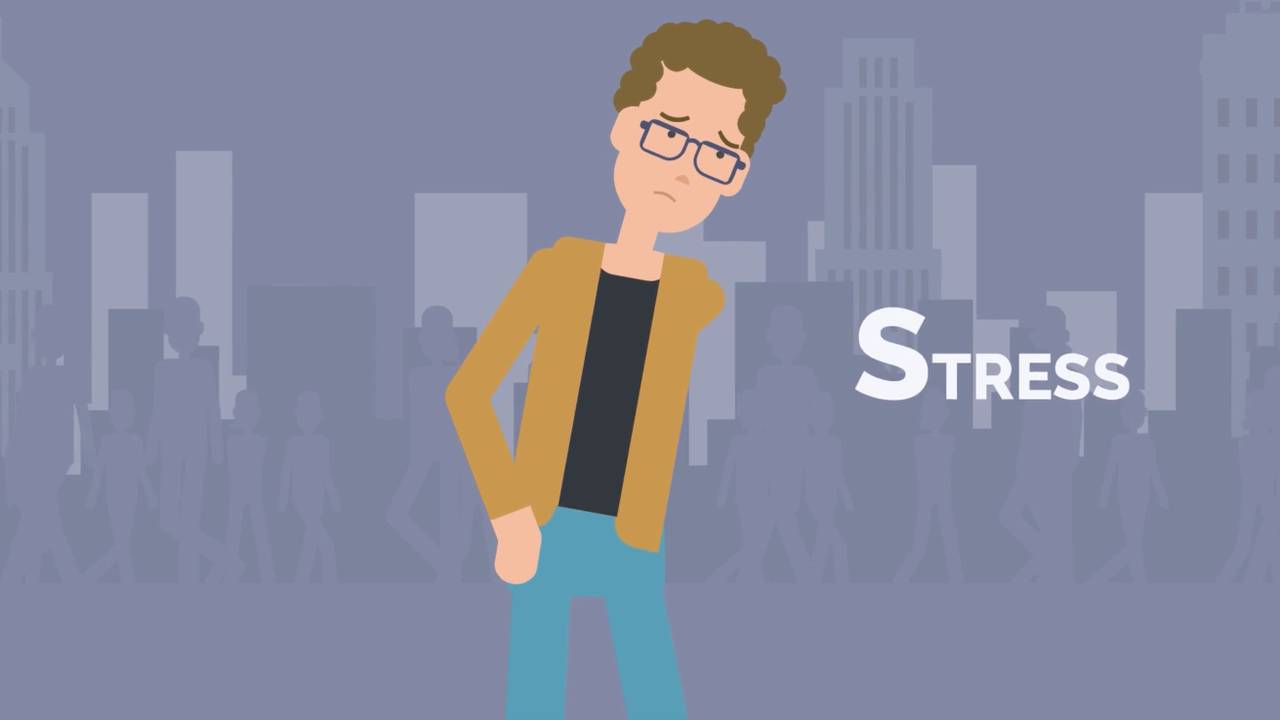The Hidden Reasons You're Less Resilient Today – And How to Bounce Back Stronger

In recent years, many of us have noticed a troubling trend: our resilience seems to be waning. The ability to bounce back from adversity, handle stress, and adapt to change feels harder to come by. Why is this happening? Let's explore some compelling reasons behind this phenomenon and how we can reclaim our resilience.
The Impact of Social Comparison Platforms
One of the most significant factors undermining our resilience is the pervasive influence of what I call "social comparison platforms," commonly known as social media. These platforms are designed to keep us engaged by encouraging constant comparison with others. Research has shown that excessive use of social media can lead to feelings of inadequacy, anxiety, and depression . By constantly comparing ourselves to curated and often idealized versions of others' lives, we undermine our self-worth and resilience.
The Evolution of News Media
The news industry has also transformed dramatically. In the mid-20th century, news was often a loss leader, a service provided in the public interest rather than for profit. Today, news is a highly competitive business that relies on capturing and maintaining viewers' attention. To achieve this, news outlets frequently use dramatic music, intense visuals, and a focus on negative or sensational stories, which psychology suggests we are naturally drawn to in an attempt to protect ourselves . This constant exposure to alarming news can heighten our stress levels and erode our resilience.
Rapid Technological Change
Technological advancements have accelerated the pace of change in our lives. While innovation brings many benefits, it also creates a sense of perpetual catch-up. We are bombarded with new information and updates at an unprecedented rate, making it easy to feel overwhelmed and left behind, not just financially but also knowledge-wise. This constant pressure can sap our resilience and increase feelings of inadequacy .
Financial Strain and the Shrinking Middle Class
Economic pressures also play a significant role. The middle class is shrinking, and the cost of maintaining a middle-class lifestyle is rising. Many people are forced to work longer hours or go into debt to sustain their standard of living, leading to heightened stress and mental health challenges. This financial strain is a major factor in the declining resilience we see today .
Unhealthy Lifestyles
Our lifestyles have become increasingly unhealthy, contributing to diminished resilience. Over the past 40 years, our sleep has decreased by 20%, our activity levels have plummeted, and our diets have shifted towards highly processed foods. Proper nutrition, adequate sleep, and regular exercise are essential for mental and physical resilience. Without these, we are more susceptible to stress and less equipped to handle adversity .
The Normalization of Failure
Another critical aspect of resilience is how we perceive and handle failure. In the past, failure was seen as a natural part of learning and growth. Today, however, there is a trend towards shielding individuals, especially young people, from failure. Phrases like "everyone's a winner" and blaming external factors for setbacks have become commonplace. This approach deprives people of valuable learning experiences and the opportunity to develop problem-solving skills and optimism .
The Culture of Offense
Finally, our modern culture of offense significantly impacts resilience. Dr. Wayne Dyer famously advised people to "stop being offended," highlighting how living in a constant state of offense depletes our emotional reserves. While it is natural to feel hurt or offended at times, making a habit of it can drain our resilience battery. By learning to manage our responses to perceived slights, we can maintain our emotional strength and resilience .
Rebuilding Resilience
Despite these challenges, resilience is a trainable skill. In future posts, I will explore practical strategies to rebuild our resilience. We can regain our strength by fostering a healthy relationship with social comparison platforms, seeking balanced news consumption, embracing change as a constant, managing financial stress, prioritizing healthy lifestyles, normalizing failure as a learning tool, and choosing not to be easily offended.
Our resilience might be lower today, but with intentional effort, we can build it back stronger than ever.
References:
- "The Impact of Social Media on Mental Health," Journal of Social Media Studies.
- "Psychology of News Consumption: Why We Love Negative News," Media Psychology Review.
- "The Pressure of Technological Change," Technology and Society Journal.
- "Economic Stress and Its Impact on Mental Health," Financial Health Review.
- "The Decline of Healthy Lifestyles," American Journal of Public Health.
- "The Role of Failure in Building Resilience," Educational Psychology Journal.
- Dyer, W. "Stop Being Offended," Insights into Personal Development.
Stay connected with news and updates!
Join our mailing list to receive the latest news and updates from our team.
Don't worry, your information will not be shared.
